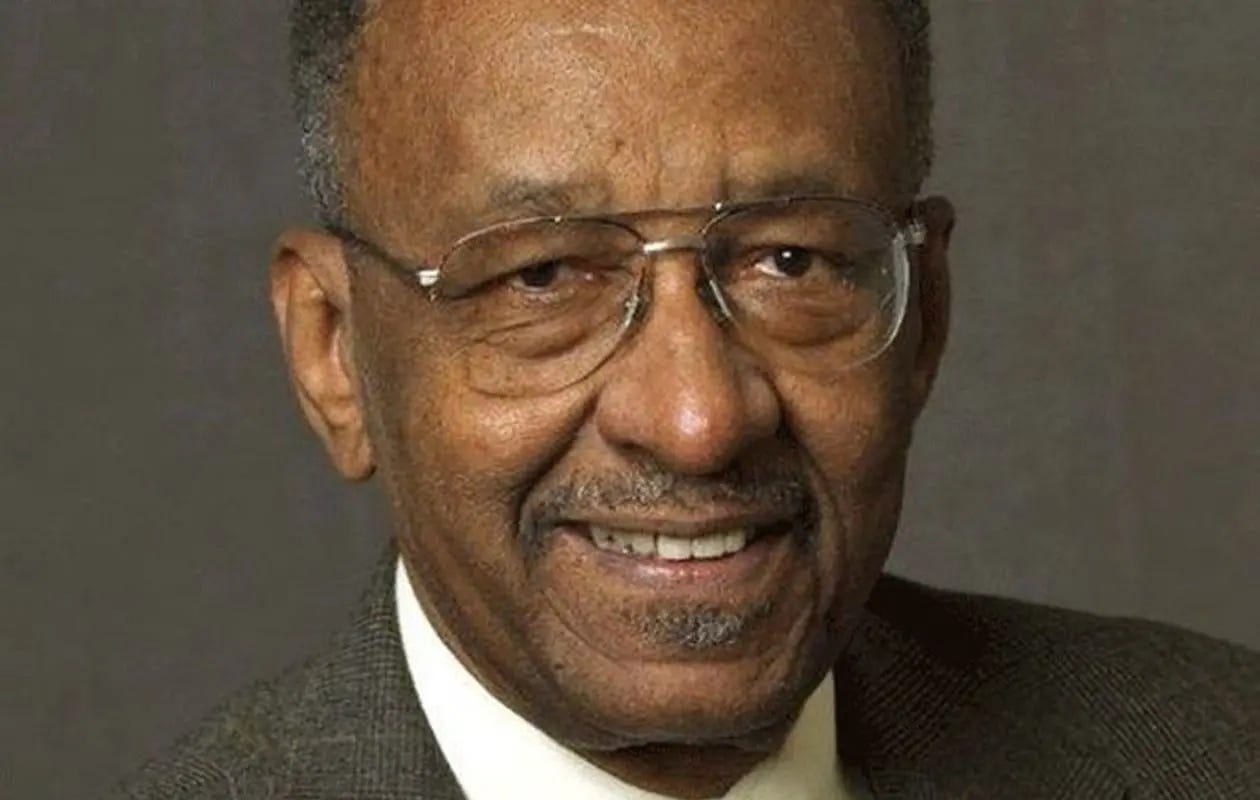Walter Williams, Champion for Liberty
A smiling, happy warrior who never played it safe but challenged, provoked and fought for those with no political voice of their own
By Robin Currie and Veronique de Rugy
Walter Williams, who died yesterday, had no time for platitudes or lazy thinking. When it came to proposed courses of action by government, he focused on what truly mattered—results, not intentions. Take the case of government-imposed minimum wages:
What minimum wage laws do is lower the cost of, and hence subsidize, racial preference indulgence. After all, if an employer must pay the same wage no matter whom he hires, the cost of discriminating in favor of the people he prefers is cheaper.
This was classic Walter Williams, ever ready to provoke, willing to put the issue in the starkest of terms: Minimum wages promote discrimination in employment. For him there was a general principle at stake. As he continued,
If filet mignon sold for $9 a pound and chuck steak $4, the cost of discriminating in favor of filet mignon is $5 a pound, the price difference. But if a law mandating a minimum price for chuck steak were on the books, say, $7 a pound, it would lower the cost of discrimination against chuck steak.
Without fear or favor, Williams applied good—unflinching—analytical thinking in his approach to economics. Well-meaning but misguided government interventions were a particular target of his. They were not hard to find, whether it was the minimum wage, occupational licensure, zoning or other barriers to economic activity.
As Williams pointed out, the people who suffered disproportionately from such interventions were those the measures were supposed to help—“people who are outsiders, latecomers, and poor in resources.” In his autobiography he recalled how as a teenager he was able to jump from job to job, all the time learning how to become more productive and setting him on a course for success in life. In his view, he would have had no chance if government had “helped” African Americans then the way it is doing now.
Williams, who was a distinguished affiliated scholar at the Mercatus Center at George Mason University, had a one-two punch: sound analysis and effective communication. He did both very well. “His research was rigorous,” his colleague and friend Don Boudreaux has written, “and he was one of the few economists who know how to engage with the public.”
What a tribute to Walter Williams—and what a call to do better for the rest of us.


